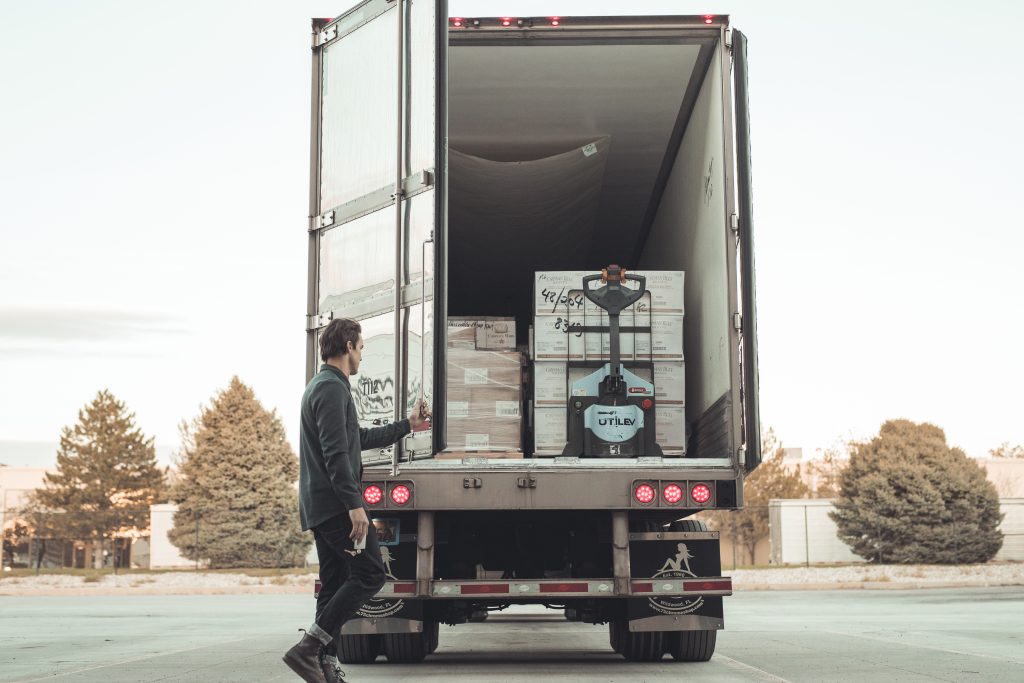When it comes to shipping, especially regulated products like wine, spirits, or specialty foods, keeping everything compliant, organized, and traceable is essential—and the Bill of Lading sits at the center of it all. Whether you’re coordinating a one-time shipment or managing ongoing freight, here’s what you need to know.
What Is a Bill of Lading (BOL)?
A Bill of Lading is a legal document that acts as both:
- A receipt for the goods being transported
- A contract between the shipper and the carrier
It includes key information like who is shipping and receiving the freight, what exactly is being moved, and where it’s going. It also outlines terms of the agreement, such as freight charges, special handling instructions, and whether the shipment is prepaid or collect on delivery.
In short: no BOL, no shipment.

Why It’s Legally Required
According to the Federal Motor Carrier Safety Administration (FMCSA), all interstate household goods shipments must be accompanied by a Bill of Lading. Although the full set of regulations applies to household goods, the BOL requirement extends to freight carriers as well, including commercial food, beverage, and alcohol shipments.
The FMCSA defines the Bill of Lading as the official receipt for your goods and the contract for their transportation. Without it, the carrier cannot legally move your freight across state lines.
If a BOL is not provided at the time of pickup, don’t worry—our drivers carry blank Bills of Lading and will work with you to fill it out correctly on site.
What’s Included on a BOL?
Here are some of the standard items that appear on a Bill of Lading:
- Name and address of the shipper and consignee
- Description of the goods being transported
- Number of packages or containers
- Total weight or volume of the shipment
- Special handling or storage requirements
- Type of freight class or commodity (especially relevant for alcohol)
The Bill of Lading becomes even more critical for wine and spirits shipments when documentation is reviewed for federal compliance, tax purposes, or insurance claims.
According to the Code of Federal Regulations (27 CFR § 28.250), a bill of lading is explicitly required for shipments involving alcohol, including wine, spirits, and beer, especially if the product is being delivered to a bonded warehouse or foreign trade zone. Even though Advantage only handles domestic freight, this regulation confirms the importance of the BOL tracking the origin, movement, and ownership of regulated goods.
Why It Matters for Wine & Spirits
Alcohol is a regulated commodity, and shipments must be appropriately documented at every step. Without a BOL:
- You could face legal delays or fines
- Your shipment may not be insured
- There’s no official record of ownership or condition
- The freight carrier cannot move the product legally
This is especially important for products like wine, where temperature control, bottle integrity, and value are all at stake. The BOL acts as your proof of care, custody, and condition from the moment it leaves the warehouse.
Advantage Has Your Back
At Advantage, we make sure your freight travels with everything it needs—including a compliant, fully filled-out Bill of Lading. If you don’t have one ready, we’ll provide it at pickup and help ensure it’s filled out accurately.
Whether you’re shipping a private wine collection, a pallet of specialty foods, or recurring LTL alcohol freight, the BOL is your shipping passport—and your legal safety net.
Need help preparing your next shipment? Contact us for reliable, regulation-ready service.



